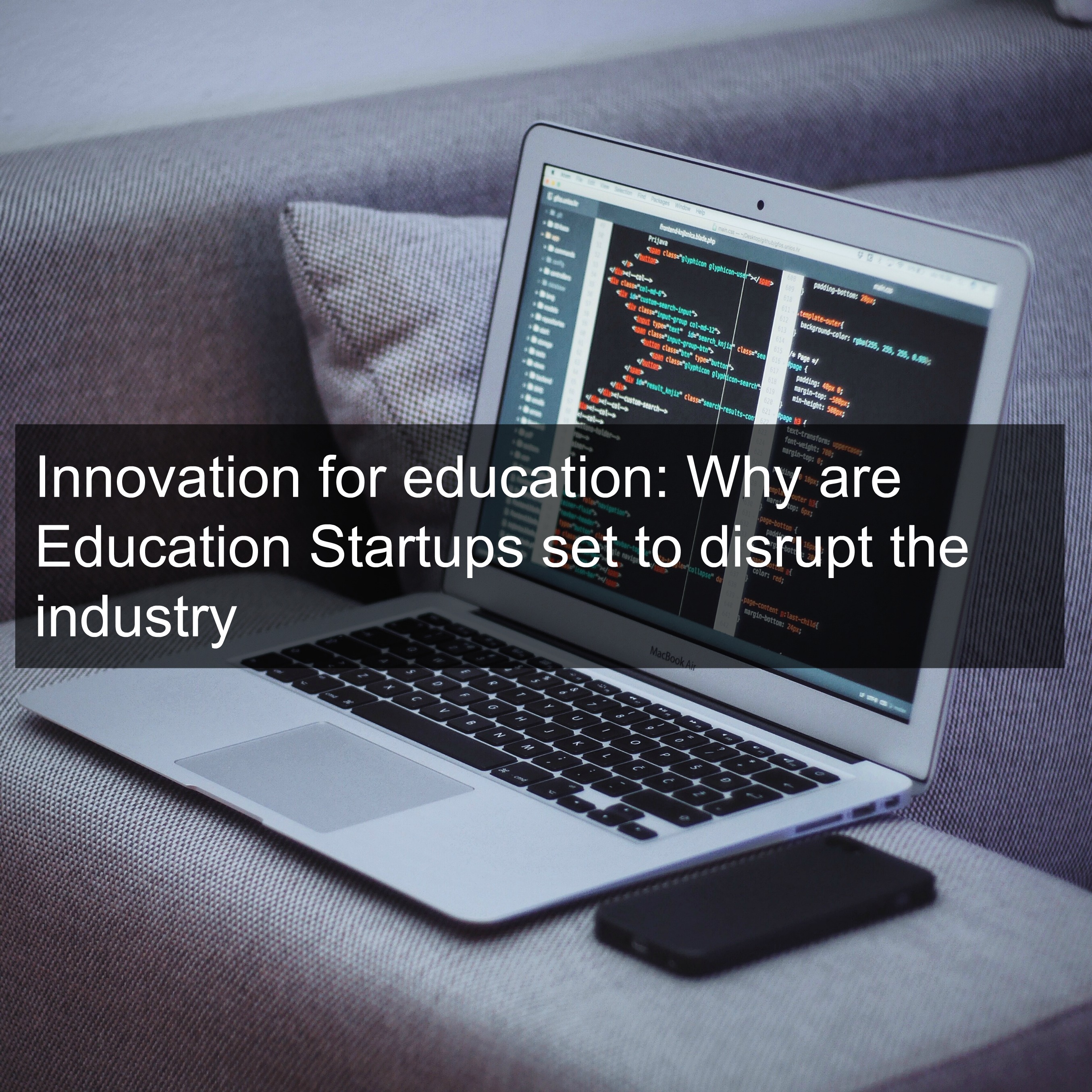It’s easy to see how technology has changed our day-to-day lives, from the way we communicate with colleagues at work or track our health and fitness to the way we watch TV or relax at home.
However, in the education industry, innovative education startups are not only impacting the daily lives of those who use their products, they are completely overhauling the way we learn and the way institutions are run.
Lower cost, online EdTech solutions are poised to completely disrupt the traditional high-cost models as innovative education startups deliver similar services and offer products which are more affordable. According to inc.com, the global education market weighs in at $4.6 trillion dollars, which helps to give you some idea of the opportunity up for grabs for EdTech entrepreneurs. In countries like China where 67% of its citizens are now internet connected, but traditional teaching and learning still prevails disruption is bound to happen. Baidu report on trends in education reveals that by 2017 it will reach RMB 280 billion (USD 40.5 billion), and place itself third in the rank of China’s online industries.
Here’s a rundown of why those start-ups are set to disrupt the education industry with innovative approaches.
Here are the key vendors as outlined by business wire, with potential to distrupt the market.
1. We can, and should be personalizing learning experiences
Innovative EdTech products give students the freedom to make the decisions on what and how they learn. The opportunity to better understand concepts using the digital aids that suit them, or even the ability to easily communicate with teachers and other classmates from home is a great example of education innovation in practice. Personalised learning experiences have proven benefits for students that include higher levels of student engagement and the opportunity for teachers and educators to better allocate their time.
Innovative EdTech products give students the freedom to make the decisions on what and how they learn
2. We can use data to make better decisions about how we learn
Data is predominantly becoming an invaluable resource for teachers, providing them with the opportunity to access detailed feedback on how learners are processing information. Educators can find answers to questions like – which are the best ways to teach complex ideas online? And which parts of a course are best taught in-person?
The data that more established EdTech platforms have collected over the years enables constant improvements and insights, which allows educators to better connect with students. Understanding what types of content students interact with, when students stopped watching an online video or what percentage of students answered a question correctly the first time around helps educators make crucial decisions around how they deliver the program of education in the most impactful and efficient way.
3. The way we match students to institutions is outdated
We live in a world where advanced retailers are using data to accurately predict top selling ranges, what will be the ‘must have’ item next season, and even what a consumer will purchase in the future. We use data to make many of the decision in our lives from what to eat for dinner to how to spend our downtime. So the idea that you have to choose out of the ten of thousands of potential places to study by simply searching on the internet and speaking to people highlights the need to refine and innovate the process.
Choosing what course you should study is just one step in finding the right college or university for you, but there are many other factors to consider such as whether you are a cultural fit for the institution, whether their teaching methods are suited to you learning styles or which courses correlate best with the specific topics they want to study.
4. We don’t need to be held back by budget restrictions
Most traditional educational institutions and organizations face budget restrictions, however many of the current tools on the market require significant investment upfront – in part, this is due to the fact that many are designed for the ‘enterprise’ education market and do not cater for smaller specialist academies or institutions.
Budget cuts are often the answer to fund the desired tech, but often at a cost to other areas such as art, music or drama programs, extra curricular activities, and new course material. No education organization should be faced with having to choose between implementing new tech that will significantly improve the lives of students and educators and cut an extra curricular program.
What barriers education do startups face?
Avichal Garg, co-founder of PrepMe highlights that, “most entrepreneurs in education build the wrong type of business because entrepreneurs think of education as a quality problem. The average person thinks of it as a cost problem.”
In addition to this education is a notoriously slow moving, political and bureaucratic industry, and many end users of edtech such as teachers and administrators don’t actually have any say or buying power in the process. Couple this with the pressure for state and government schools to spend taxpayers money prudently and you start to get a small picture of the barriers innovative education startups must overcome.
